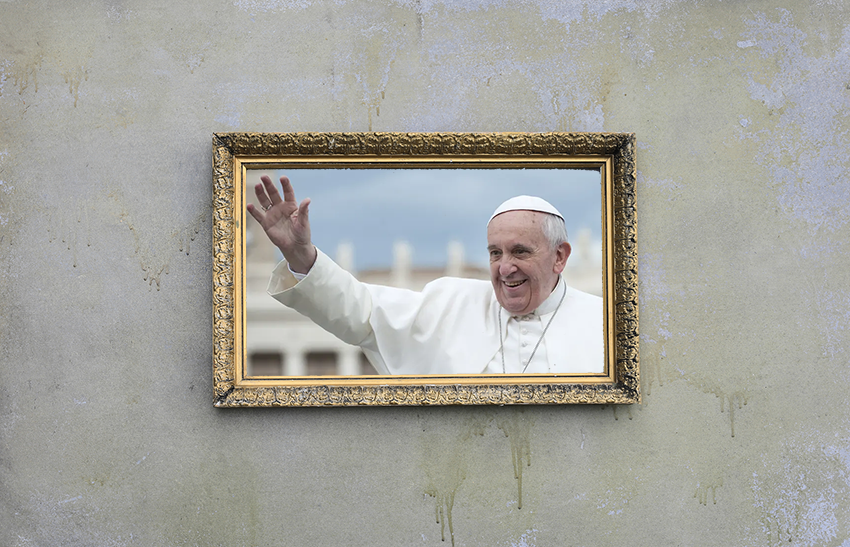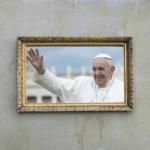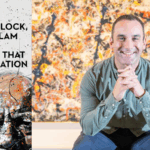VATICAN CITY — Pope Francis, the 266th pope of the Roman Catholic Church, died Monday 21 April at the age of 88, following a prolonged battle with a lung infection. The Argentine-born pontiff passed away at the Saint Martha House, his Vatican residence, after spending five weeks under care at the Agostino Gemelli University Hospital in Rome. His final public message, delivered from his hospital bed, was a call to Christians everywhere to “transform evil into goodness and build a fraternal world.” He urged, “Do not be afraid to take risks for love!”
Born Jorge Mario Bergoglio in Buenos Aires, Argentina, the Jesuit priest made history in 2013 when he became the first pope from the Americas, the first Jesuit pope, and the first to take the name Francis. His papacy was marked by a spirit of humility, reform, and a bold outreach to those outside traditional Catholic circles—including evangelicals.
One of the most distinctive and sometimes controversial elements of Francis’s papacy was his deep and personal friendship with evangelical Christians. His longtime friend Marcelo Figueroa, a Presbyterian pastor and former head of the Argentine Bible Society, recalled to Christianity Today that while the pope occasionally sought his opinion on theological matters, their relationship was largely rooted in mutual respect and affection. “Much of our relationship was more personal,” said Figueroa.
This openness was reflected in a 2014 speech in which Francis said, “The Holy Spirit creates diversity in the Church. But then, the same Holy Spirit creates unity… a diversity reconciled by the Holy Spirit.” The phrase captured the heart of his ecumenical vision—one that was rooted not in uniformity, but in unity across difference.
Francis’s humble approach to the papacy was evident from the very beginning. Upon his election, he greeted the crowds in St. Peter’s Square not with proclamations, but with humor and a request. “You know that the duty of the conclave was to give a bishop to Rome,” he said. “It seems that my brother cardinals went almost to the end of the world to get him.” Then, in an unprecedented move, he asked the crowd to pray for him—reversing the traditional dynamic of papal blessing and earning widespread admiration.
That humility was a defining hallmark of his time in office. Evangelist Luis Palau, a fellow Argentine and a longtime friend, once described Francis as “a very Jesus Christ-centered man.” While some in the Catholic Church were uneasy about his close relationships with evangelicals, many others saw in it a reflection of Christ’s own inclusivity.
His personal commitment to shepherding rather than ruling resonated deeply with many. As YWAM (Youth With A Mission) director Andrés Rodríguez recalled, he once told the future pope that “real shepherds live with their sheep… they’re around them so much they have the same smell.” It was a metaphor Francis embraced wholeheartedly, often describing himself as a shepherd who walked with his flock, not above it.
The world is now mourning the passing of a pope who defied expectations, challenged norms, and embodied a deeply human, pastoral style of leadership. Catholics and non-Catholics alike have expressed their grief and gratitude, remembering a man who took risks for love, extended hands across religious boundaries, and carried the scent of his sheep.












